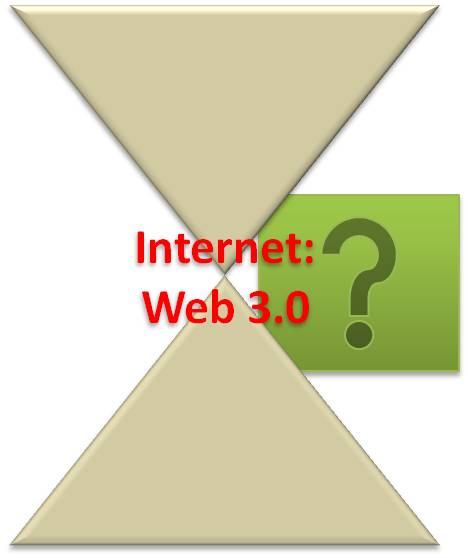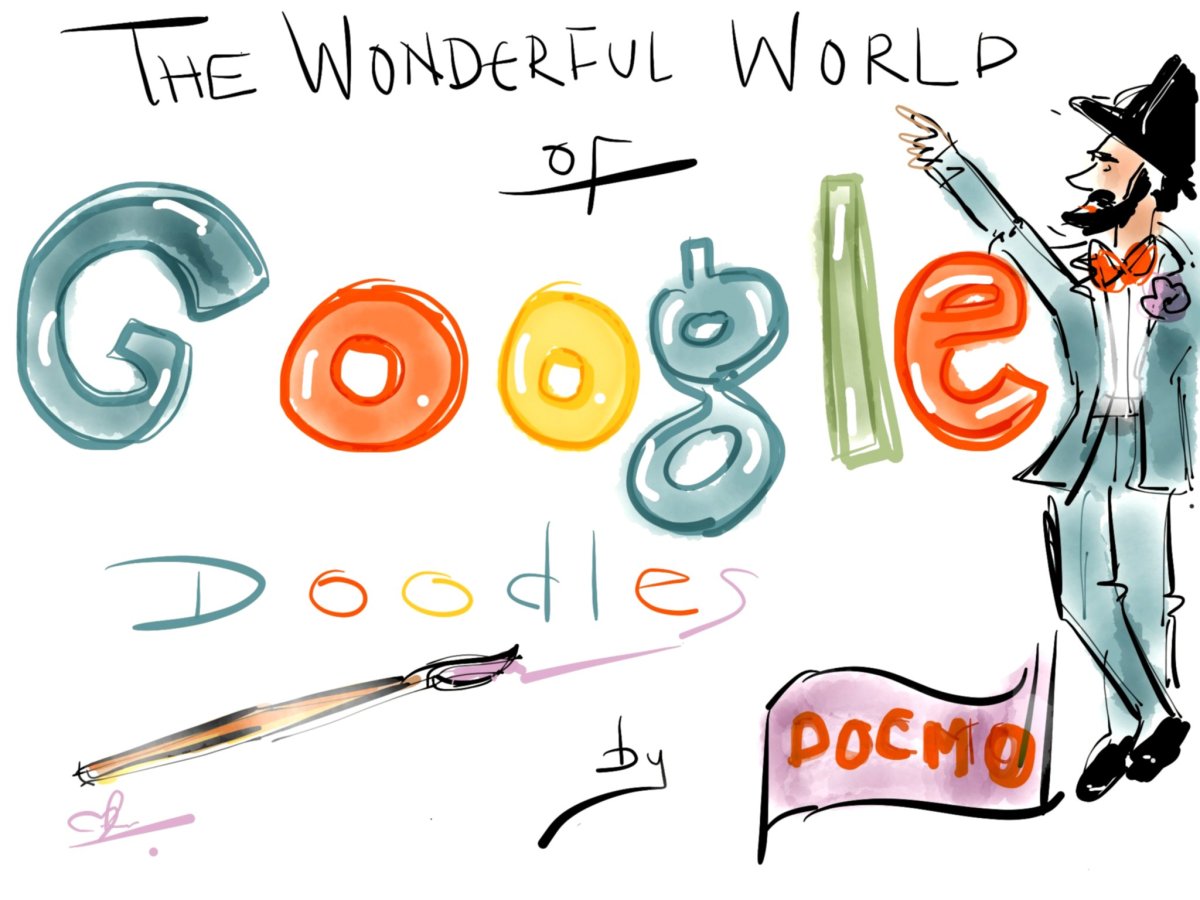What is Web 3.0 and is it here yet?

Has the semantic Web become a reality yet?
What is Web 3.0? Now that we have become used to Web 2.0, Web engineers are slowing moving in the direction of a Web 3.0. Web 2.0 refers to user-generated content and an Internet platform where information and resources can be shared and collaborated among users. Some of the Web 2.0 applications include social networking sites, social bookmarking sites and wikis. Web 2.0 applications have made the Web more social.
The Internet is not static and ever changing, especially the technology that could be used. So a move in the direction of a Web 3.0 is almost inevitable. Web 3.0 basically refers to how web information will be better organized for users and will be known as the semantic web. There are many versions of what Web 3.0 will entail, but the semantic web is the most common one. The introduction of a Web 2.0 turned out to not be a rumor only, and has become a very powerful Internet platform. New Web 2.0 applications are still emerging almost on a weekly basis. It remains to be seen when the Web 3.0 will be adopted and used by the masses but my guess is that it will be sooner than we realize.
The table below depicts the evolvement of the Web:
The evolvement of the Web
Web stage
| Meaning and use
|
|---|---|
Web 1.0
| Web pages are created to display information.
|
Web 2.0
| Web content can be created and collaborated by users. Information and resources can be shared and collaborated interactively within seconds.
|
Web 3.0
| Organization and analysis of web content for easy access. Computers will be able to read Web pages the same way as humans.
|
The stages through which the Web has evolved and will still evolve.
Content is organized for better and easier access
So what does it mean if web content is organized better for easy access? It means that search engines will not only list search results for you but also analyze and search the Internet for the best results. Your computer will be able to read Web pages the same way as a human and the Internet will thus become a huge database. It will be like having a personal assistant who will be sorting and organizing all possible information that you will need by just typing in one query. Your Web 3.0 browser will also get to know the information that you will need so that you eventually will only have to type in a search query such as “What are my options to get a special on sports gear?” So before Web 3.0 could be introduced we might need faster computer technology but at the pace that new technology is being developed it could be soon enough. Google is already sorting search results based on users' preferences.
To me it means that deep web content will also be accessed thereby providing access to hidden information on the Web. This could be a very good development for better access to all information on the Web. However, if we are concerned about our privacy on the Web now, the introduction of Web 3.0 might even take less privacy a step further.
You might also be interested in my related hubs
- Why deep web content matters
The first time I heard of the deep web was in 2004 at a Conference. I remember that I was instantly intrigued. What is the deep web? - Why the Internet has become an integral part of our lives
Can you imagine your life without the Internet? I am part of a generation that had to grow up without the comfort of the Internet as a teenager. I was only exposed to the Internet in my late twenties.








